

Section

Back
Herbal wellness has surged in popularity as people seek greater autonomy over their health and wellness.
Ironically, herbs have been an essential part of human survival and health in every single culture throughout the globe since the dawn of time.
From the ancient texts of Ayurveda, Iranian-Islamic Medicine, and Traditional Chinese Medicine to the wisdom of Indigenous tribes throughout the world, herbs have always been there to support our physical, mental, and emotional well-being.
Only in the last few centuries have people turned away from their herbal wellness roots to embrace modern medical practices, only to return, as we’re seeing with new trends in integrative medicine, dietary supplements, and modern herbalism practices.
In this article, we’ll explore the history of herbalism in relation to ancestral lineage and how this affects us as individuals and as a collective today.
Why are herbs important to human life?
Plants and functional foods, including traditional herbs have been essential to human survival for thousands of years.
From Native Americans to Aboriginal Australians, Pacific Islanders to Africans and everyone in between, each country, continent, and its people have developed traditional wellness practices largely based on the properties of traditional herbs.
These herbs not only sustained generations in varying environments, conditions, and circumstances but shared indigenous knowledge of their health-supportive properties paved the way for the creation of various life-saving drugs.
Some examples include:
- Valium, which originally came from the plant Valerian,
- Digoxin, a drug for treating heart failure, comes from Fox Glove,
- And aspirin/salicylic acid came from White Willow Bark.
We’ll share more information and examples of global traditional herbalism practices coming up.

What is the main goal of herbalism?
The main goal of herbalism, whether in the East or West, has always been to support the physical, mental, spiritual, and emotional well-being and empower the individual to greater health.
Certain herbs have also been used in various rituals to help people connect with God or a higher power, discover or rediscover their purpose in life, help them connect with departed ancestors, for spiritual cleansing, and for protection from physical or supernatural forces.
This main goal of providing individual wellness support and empowerment through herbs has remained consistent throughout thousands of years and across cultures.
Do herbs really help?
Until recently, the efficacy of traditional herbs was based on ancient texts, wisdom passed on orally by shamans or traditional herbalists, and anecdotal evidence.
Despite thousands of years of success in supporting and sustaining people, this lack of modern scientific evidence created a widespread belief that herbs were not helpful or effective, especially compared to 20th and 21st-century alternatives.
Thankfully, thousands of human and animal studies now show the efficacy of thousands of herbs and plants in supporting various aspects of health.
Turmeric and its active compound Curcumin, for example, a cherished staple in ancient Indian tradition, is considered the most studied traditional herb on the planet, with over 3000 studies to its name in the last 25 years.
This is just one example of a single highly studied herb. Others include Ashwagandha, Boswellia/Frankincense, Chamomile, Elderberry, Echinacea, Lavender, Ginkgo, Ginger, St. John’s Wort, Tulsi, and many more.
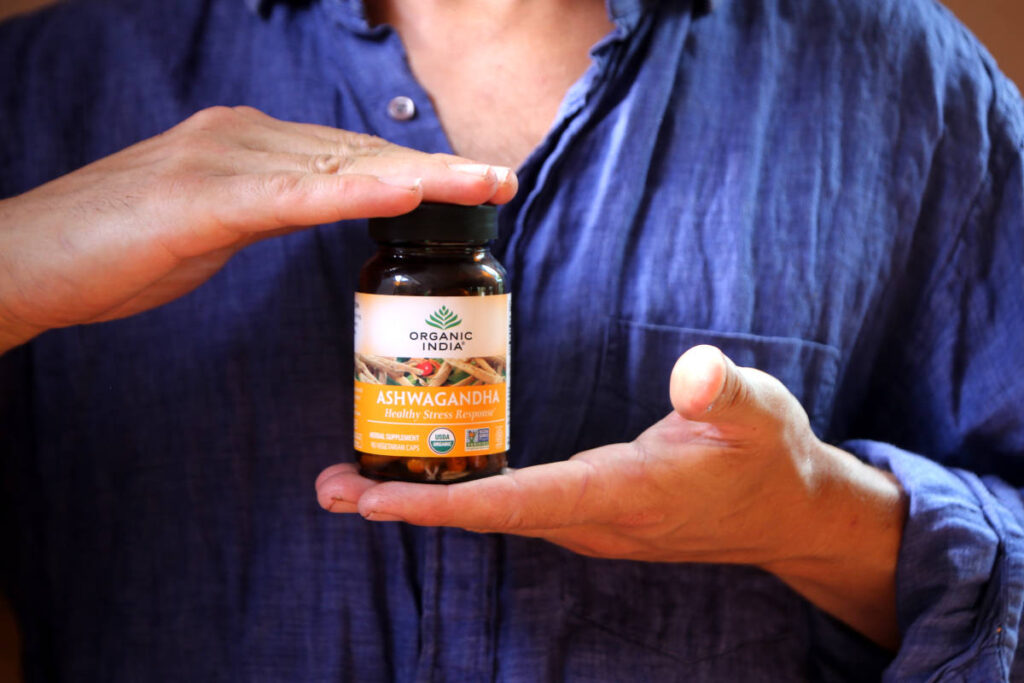
Herbal tradition across the globe
We’ve already mentioned the role herbs and traditional herbalism have played globally in human health, well-being, and survival.
Here are a few examples of many traditional medicine and herbalism practices spanning the globe:
- Ayurveda: The ancient Traditional wellness system of India now used throughout the globe. Ayurveda utilizes herbs, body work, yoga, nutrition, and other practices to support health.
- Some well-known herbs in India include Ashwagandha, Tulsi (Holy Basil), and Ginger.
- Traditional African Medicine: This encompasses a wide variety of traditional medicine and herbalism practices used throughout the world’s largest continent. These vary widely from country to country, region to region, tribe to tribe but generally include a blend of herbalism, dancing, rituals, animal medicine, bone setting, ancestral healing, and other methodologies.
- Examples of African herbs include: Rooibos, Pelargonium sidoides, also known as Umckaloabo, and Acacia aka Gum Arabic.
- Traditional Chinese Medicine (TCM): The ancient medicine and herbalism practice of China that’s now used worldwide. TCM utilizes herbs, animals, and minerals in its preparations along with body work, Qi Gong, nutrition, cupping, moxibustion, and other methodologies.
- Some examples of TCM herbs include: Asian (Panax) Ginseng, Dong Quai, and functional mushrooms like Reishi.
- Traditional European Medicine: This encompasses a wide range of traditional wellness practices and herbalism from European countries including England, Italy, Greece, Ireland, Hungary, Germany, and others. Herbalism has always been central to traditional European practices, which included them in teas, tinctures, cooking, rituals, religious ceremonies, and for protection.
- Examples of well-known European herbs include: Chamomile, Oregano, and Fennel.
- Traditional Iranian-Islamic Medicine (IITM): Also known as Persian Medicine, IITM encompasses the wisdom of ancient Iranian herbalism and wellness and Islamic doctrine related to health. It is considered one of the oldest traditional medicine practices in the world.
- Some examples of Iranian traditional herbs include: Black Seed, Jujube Fruit, Pomegranate
- Traditional Mexican Medicine: Also known as Curanderismo, this traditional wellness and herbalism practice is alive and well in Mexico and other countries such as the United States. Herbalism is central to Curanderismo, along with prayer, nutrition, bone setting, charms, and other rituals.
- Some well-known traditional Mexican herbs include: Aloe Vera, Black Radish, and Damania.
- Traditional South American Medicine: South America has been a rich source of herbs and herbal wisdom for the entire planet. Traditional South American Medicine includes influences from the ancient Incas, Mayans, and various other Indigenous groups as well as the Spanish, Germans, Portuguese, and more during colonialism.
- Examples of familiar South American herbs include: Aloe, Boldo, Calendula, Cat’s Claw, Maca, and Pau d’Arco.
Due to space constraints, we could not list all the Traditional Medicine and herbalism practices from around the world. However, this list provides a glimpse into the influence herbalism has had throughout history and across cultures.
Herbal wisdom of your elders
Herbs have been the go-to health and wellness staple of the people for thousands of years.
For example, most grandmothers or great grandmothers (depending on when you were born) have some knowledge of folk medicine, such as using chamomile tea for an upset stomach, applying aloe to burns, or using broadleaf plantain to take the sting out of insect bites
This is an example of how herbalism has been preserved through the generations. This is remarkable given the persecution of herbalists and shamans such as during the witch hunts of centuries past, which targeted women with a knowledge of plants, and the heart-breaking impacts of colonialism on countless indigenous cultures.
Adults today have a special opportunity and privilege to not only learn and preserve this herbal wisdom from our ancestors, but to expand on it through the vast amount of science and information available online.
Unlike many of our ancestors, we are free to learn and practice various forms of herbalism without fear of persecution. Now that’s progress!
The surging popularity of herbs and herbal supplements is indicative of people’s desire to return to their roots in this regard, and regain control of their health and freedom of choice.
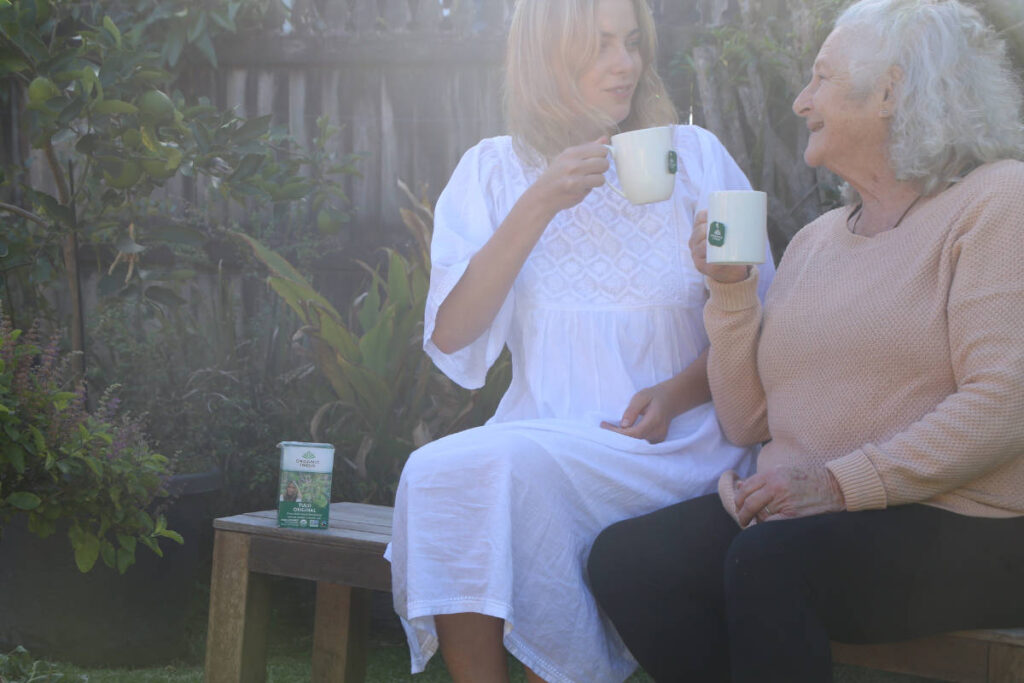
Complementary solutions with herbal wellness
Herbs have a unique ability to provide multifaceted benefits with very few, if any, side effects.
They’re also affordable, easy to grow yourself (if you’re so inclined), and accessible.
In traditional herbalism practices, various herbs have been used to support:*
- Cardiovascular function
- Cell function (through their antioxidant properties)
- Cleansing and detoxification
- Cognitive function
- Digestion and elimination
- Exercise performance
- Eye function
- Gut and microbiome function
- Hormonal function
- Endocrine function
- Joint health and function
- Men’s health
- Spiritual well-being
- Musculoskeletal function
- Spiritual well-being
- Kidney function
- Liver function
- Skin, hair, and nail health
- Sinus and respiratory function
- Stress response
- Thyroid function
- Women’s health
- And much more
The right herb or combination of herbs for the right person at the right time is key in determining which herbs may benefit the individual.
That said, herbs are generally very forgiving, and with a little study and self-reflection, many people enjoy trying out different herbs and herbal formulas to see what benefits them most.
Teas are a lovely place to start as they offer an easy way to try herbs in safe doses and they taste great!
Some excellent starter herbal teas that help promote relaxation and healthy sleep while supporting immune function include:
Incorporating herbs and spices into your recipes is another safe and tasty way to start learning about the benefits of herbal wellness.
In Indian tradition, the following herbs are used extensively in the culinary arts:
Other cultures have unique ways of enhancing foods with various herbs based on what grows in their region and their culinary specialities.
A quick search of traditional foods from various countries will yield thousands of ways to incorporate herbs and spices into your recipes.
If you’re unsure how to get started using herbs, or have a specific concern you’re seeking to support, consider working with an Ayurvedic practitioner, herbalist, or other type of practitioner of integrative medicine familiar with herbs to determine the best herbs for you. Always consult with your doctor before adding herbs to your wellness routine if you are pregnant, breastfeeding, have underlying health conditions or are taking prescription drugs.
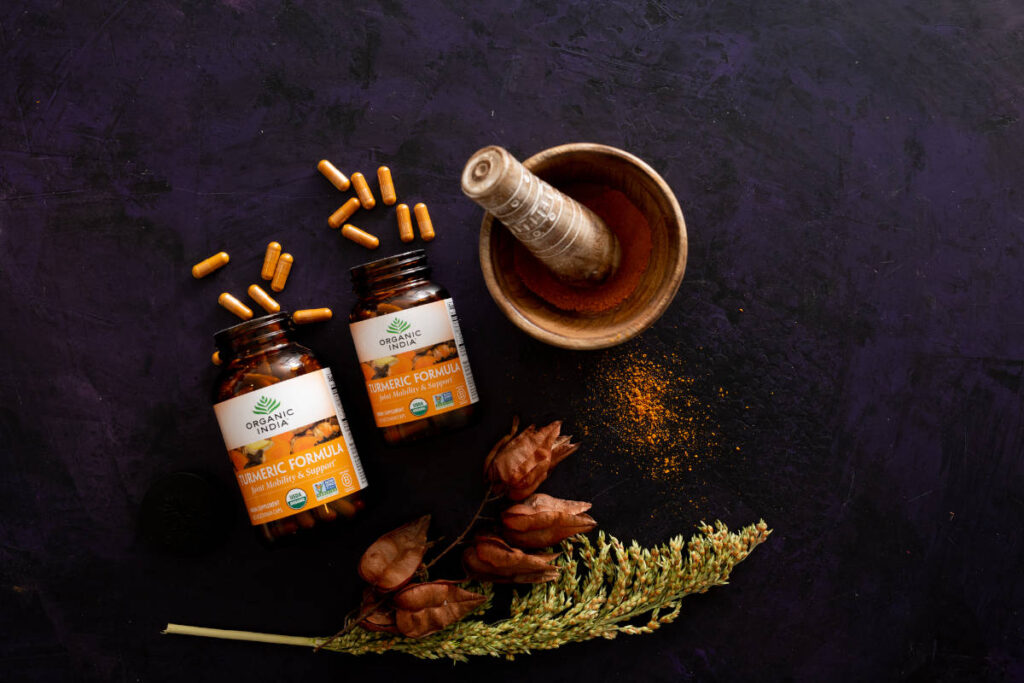
Final thoughts on why herbal wellness matters and what Organic India is doing to preserve this legacy
Herbalism has always been the health wellspring of the people. In many countries, its use and reverence has remained consistent for centuries, while others, like the United States, are just rediscovering its potential.
Herbs connect us to our past, empower us to maintain our health, and are always there for us, whether we’re buying them as a designer supplement or pulling dandelion roots in our backyards.
However we use them, herbs have been and always will be a strong and affirming ally for people everywhere regardless of age, race, gender, status, political leanings, finances, or any other factors or circumstances.
We welcome you to learn more about herbal wellness and what Organic India is doing to preserve these precious plants for future generations through regenerative agriculture in rural India on our blog, our impact report, and our website.
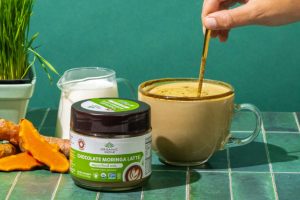
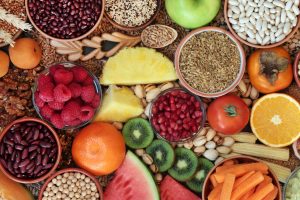
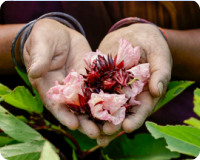
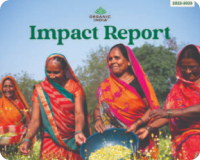
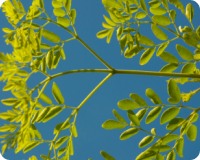
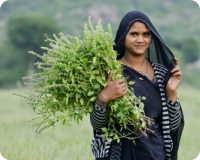
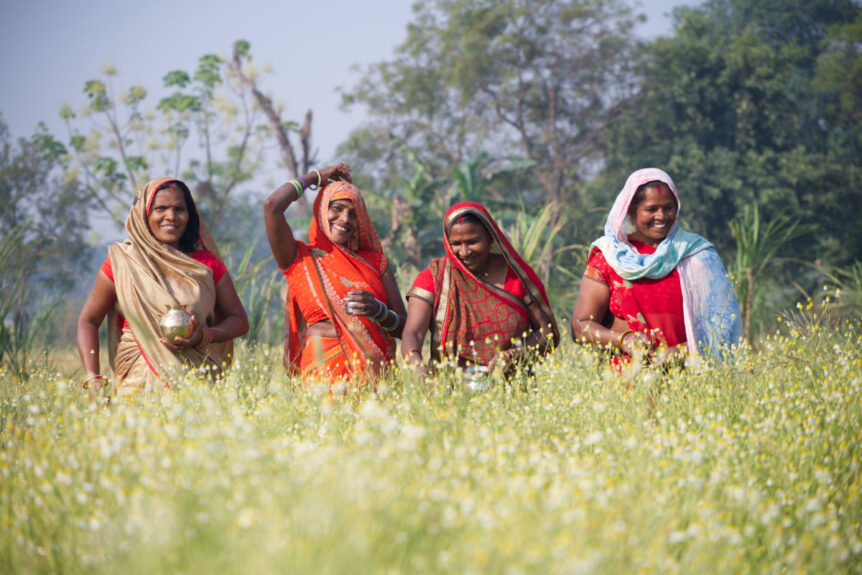
 Kristen Boye is a freelance natural health and green living writer, copywriter, and editor. Kristen was raised on an organic farm in British Columbia which inspired her life’s work. She holds a Bachelor’s Degree in Natural Health, is a Certified Natural Foods Chef, a medicinal herb farmer, natural foods advocate, and is obsessed with writing, homesteading, researching, regenerative agriculture, and words in general. Kristen lives with her husband and two children on their medicinal herb farm in Western North Carolina. Visit her online at:
Kristen Boye is a freelance natural health and green living writer, copywriter, and editor. Kristen was raised on an organic farm in British Columbia which inspired her life’s work. She holds a Bachelor’s Degree in Natural Health, is a Certified Natural Foods Chef, a medicinal herb farmer, natural foods advocate, and is obsessed with writing, homesteading, researching, regenerative agriculture, and words in general. Kristen lives with her husband and two children on their medicinal herb farm in Western North Carolina. Visit her online at: